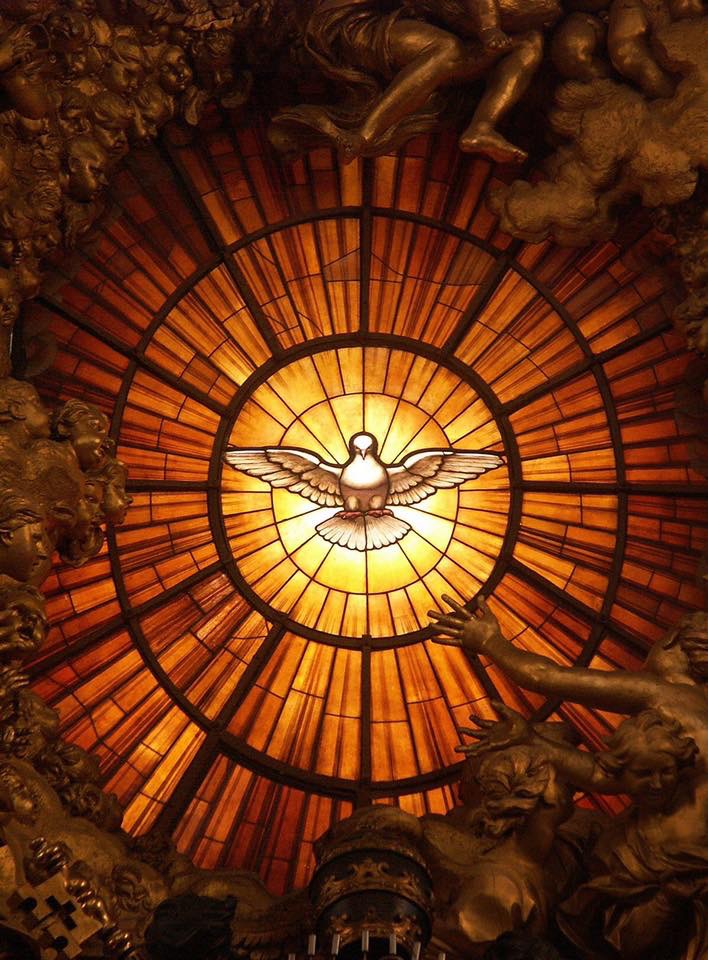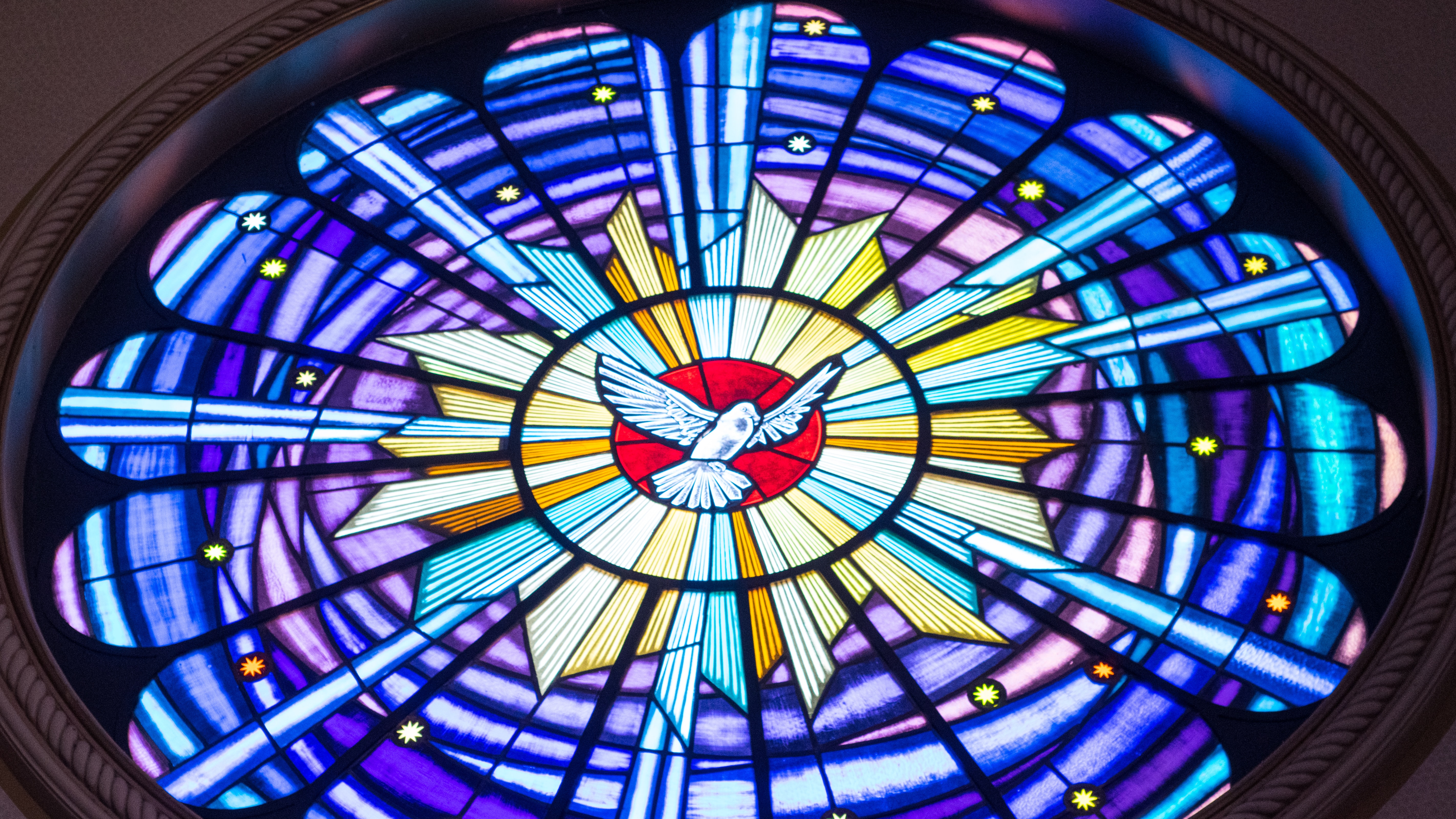In today’s Gospel we hear the famous words of Christ to “turn the other cheek” to those who are evil. The command “an eye for an eye and a tooth for a tooth” was an Old Testament law intended as part of a justice system. By Jesus’ time, however, the law was no longer being used as it was intended. It is for that reason, therefore, that Jesus elevates the Old Testament law and instead calls us to return evil with love rather than revenge.
This is not an easy thing for us to hear or an easy command for us to follow. Oftentimes we do not return “an eye for an eye” out of revenge but we do so in self defense and out of a sense of self preservation. Our intention is to look out for ourselves. I think it is easy for us to fixate on questioning why Jesus would want us to simply accept evil when we encounter it rather than combating it. He is not telling us that we should endure hateful, abusive, or uncharitable relationships. Rather, I think He is saying that evil does not go away when fought with more evil. I am reminded of the words of Martin Luther King, Jr: “Darkness cannot drive out darkness, only light can do that. Hate cannot drive out hate, only love can do that”. This is what Jesus wants us to understand. We are called to be the light that drives out darkness and the love that drives out hate in our world. Jesus came as the Light of the World and it is our mission to continue to be that light until we are united with Him in His heavenly kingdom.
Christ is the perfect example of turning the other cheek. He faced immense hate and evil in His life but He responded to everything He endured with love. The very reason He endured His Passion and Death was out of love for us. He gave His life for us who have nothing to give Him out of pure love and so that we can be fully united with Him.
Jesus’ purpose in His command is to urge us to be humble and charitable in all situations, not just those in which it is easy to practice humility and charity. If we return evil with love, we will be that much more willing and able to show charity to those who ask a service of us. We will also be more able to give more to those who have nothing.
Today, on the Feast of St. Anthony of Padua, may our prayer be that of St. Anthony: “Lord Jesus, bind me to You and to my neighbor with love. May my heart not be turned away from You. May my soul not be deceived nor my talent or mind enticed by allurements of error, so that I may never distance myself from Your love. Thus may I love my neighbor as myself, with strength, wisdom, and gentleness, with Your help, You who are blessed throughout all ages. Amen.”
 Dakota lives in Denver, CO with her husband, Ralph, and their two sons, Alfie & Theophilus. She is the Dean of Enrollment Management for Bishop Machebeuf High School where her husband also teaches. You can find Dakota at the zoo or a brewery with her family or with her nose in a book at home. For more of Dakota’s writing check out https://dakotaleonard16.blogspot.com/
Dakota lives in Denver, CO with her husband, Ralph, and their two sons, Alfie & Theophilus. She is the Dean of Enrollment Management for Bishop Machebeuf High School where her husband also teaches. You can find Dakota at the zoo or a brewery with her family or with her nose in a book at home. For more of Dakota’s writing check out https://dakotaleonard16.blogspot.com/
Feature Image Credit: alisol, https://www.cathopic.com/photo/5980-te-ofrezco-mi-corazon-
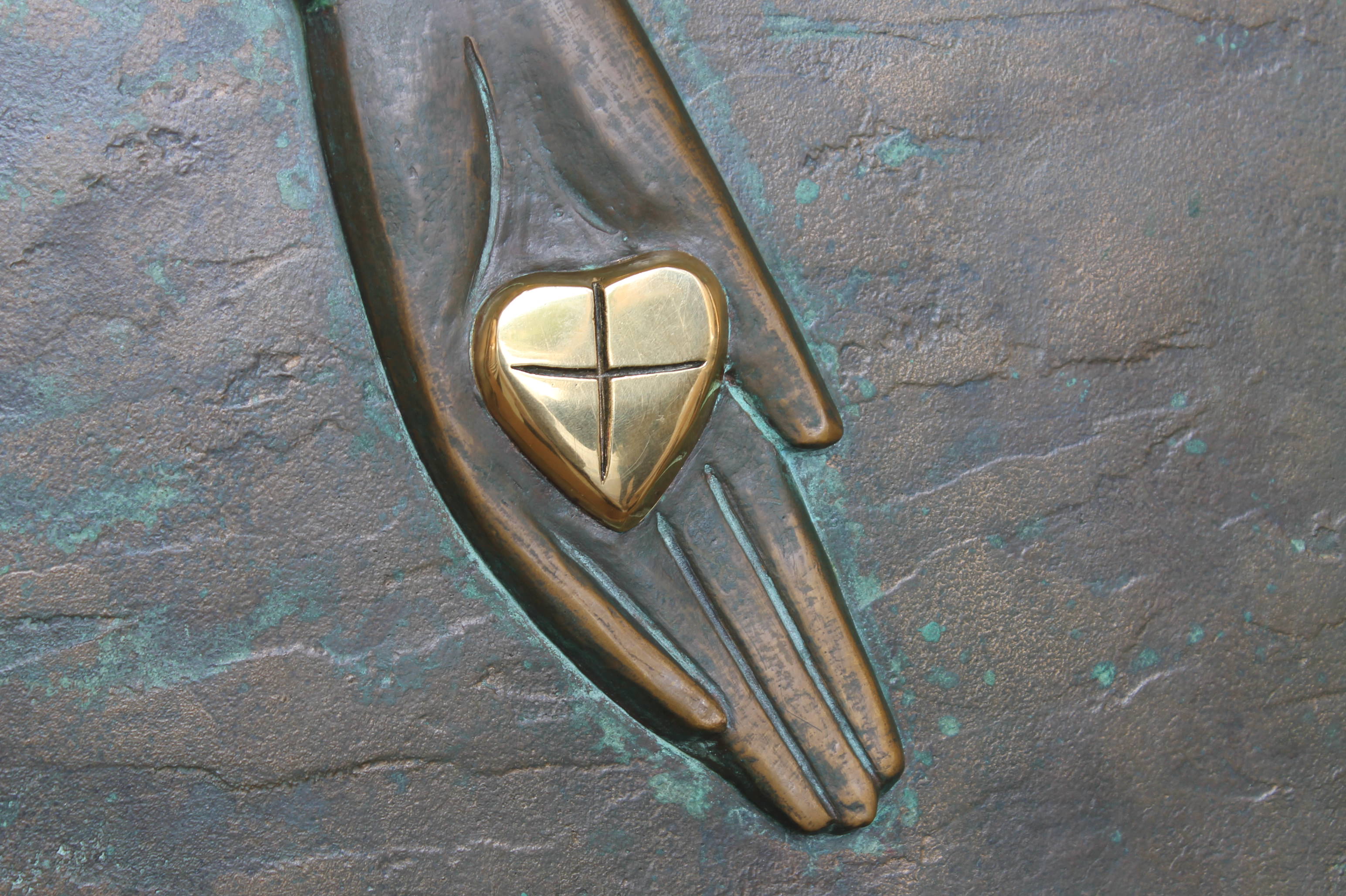
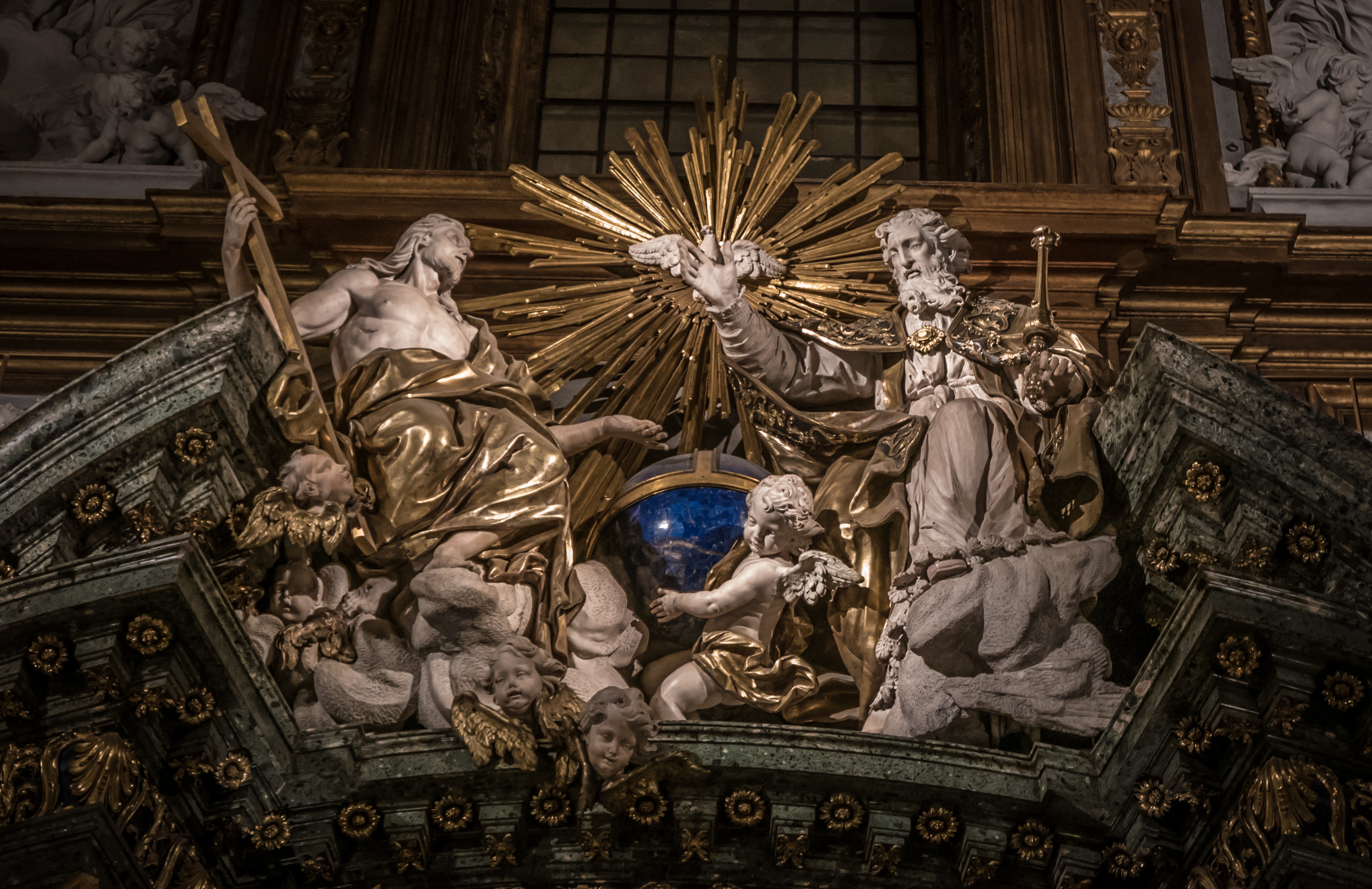
 Christine Hanus is a thwarted idealist who, nevertheless, lives quite happily in Upstate NY. She is a wife and mother of five grown children.
Christine Hanus is a thwarted idealist who, nevertheless, lives quite happily in Upstate NY. She is a wife and mother of five grown children.
 Mike Karpus is a regular guy. He grew up in Michigan’s Upper Peninsula, graduated from Michigan State University and works as an editor. He is married to a Catholic school principal, raised two daughters who became Catholic school teachers at points in their careers, and now relishes his two grandchildren, including the 3-year-old who teaches him what the colors of Father’s chasubles mean. He has served on a Catholic School board, a pastoral council and a parish stewardship committee. He currently is a lector at Mass, a Knight of Columbus, Adult Faith Formation Committee member and a board member of the local Habitat for Humanity organization. But mostly he’s a regular guy.
Mike Karpus is a regular guy. He grew up in Michigan’s Upper Peninsula, graduated from Michigan State University and works as an editor. He is married to a Catholic school principal, raised two daughters who became Catholic school teachers at points in their careers, and now relishes his two grandchildren, including the 3-year-old who teaches him what the colors of Father’s chasubles mean. He has served on a Catholic School board, a pastoral council and a parish stewardship committee. He currently is a lector at Mass, a Knight of Columbus, Adult Faith Formation Committee member and a board member of the local Habitat for Humanity organization. But mostly he’s a regular guy.


 Kathryn Mulderink, MA, is married to Robert, Station Manager for Holy Family Radio. Together they have seven children (including Father Rob), and four grandchildren. She is President of the local community of Secular Discalced Carmelites and has published five books and many articles. Over the last 30 years, she has worked as a teacher, headmistress, catechist, Pastoral Associate, and DRE, and as a writer and voice talent for Catholic Radio. Currently, she serves the Church by writing and speaking, and by collaborating with various parishes and to lead others to encounter Christ and engage their faith. Her website is
Kathryn Mulderink, MA, is married to Robert, Station Manager for Holy Family Radio. Together they have seven children (including Father Rob), and four grandchildren. She is President of the local community of Secular Discalced Carmelites and has published five books and many articles. Over the last 30 years, she has worked as a teacher, headmistress, catechist, Pastoral Associate, and DRE, and as a writer and voice talent for Catholic Radio. Currently, she serves the Church by writing and speaking, and by collaborating with various parishes and to lead others to encounter Christ and engage their faith. Her website is 
 Tami Urcia grew up in Western Michigan, a middle child in a large Catholic family. She spent early young adulthood as a missionary in Mexico, studying theology and philosophy, then worked and traveled extensively before finishing her Bachelor’s Degree in Western Kentucky. She loves tackling projects, finding fun ways to keep her little ones occupied, quiet conversation with the hubby and finding unique ways to love. She works at for Christian Healthcare Centers, is a guest blogger on
Tami Urcia grew up in Western Michigan, a middle child in a large Catholic family. She spent early young adulthood as a missionary in Mexico, studying theology and philosophy, then worked and traveled extensively before finishing her Bachelor’s Degree in Western Kentucky. She loves tackling projects, finding fun ways to keep her little ones occupied, quiet conversation with the hubby and finding unique ways to love. She works at for Christian Healthcare Centers, is a guest blogger on 
 Elizabeth Tomlin is the author of Joyful Momentum: Building and Sustaining Vibrant Women’s Groups and contributing author to the Ave Prayer Book for Catholic Mothers. She is General Counsel for the Archdiocese for the Military Services, USA. Elizabeth is an Army wife and mother of three and currently lives in the DC area. She blogs at
Elizabeth Tomlin is the author of Joyful Momentum: Building and Sustaining Vibrant Women’s Groups and contributing author to the Ave Prayer Book for Catholic Mothers. She is General Counsel for the Archdiocese for the Military Services, USA. Elizabeth is an Army wife and mother of three and currently lives in the DC area. She blogs at 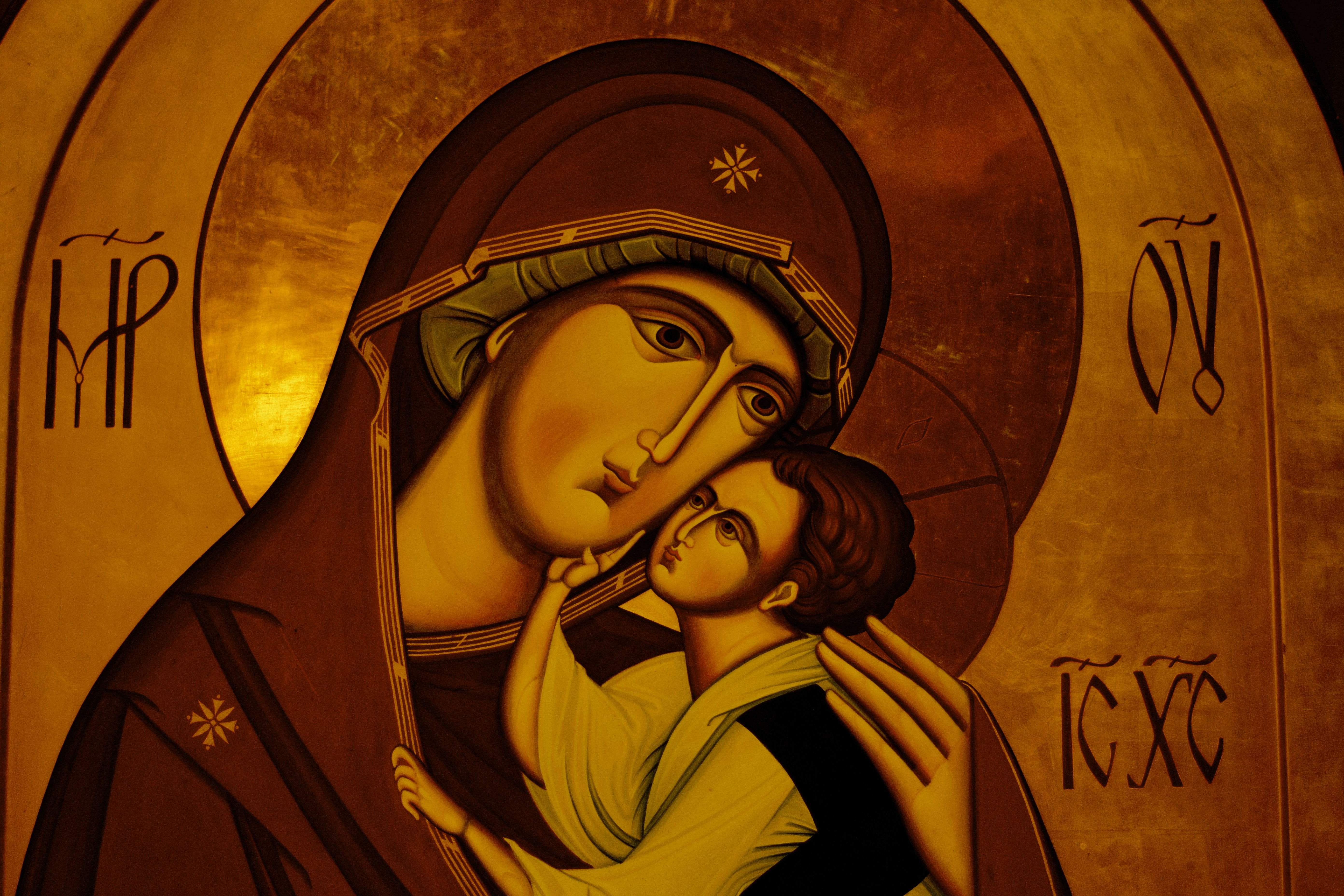
 Merridith Frediani loves words and is delighted by good sentences. She also loves Lake Michigan, dahlias, the first sip of hot coffee in the morning, millennials, and playing Sheepshead with her husband and three kids. She writes for Catholic Mom, Diocesan.com, and her local Catholic Herald. Her first book Draw Close to Jesus: A Woman’s Guide to Adoration is available at Our Sunday Visitor and Amazon. You can learn more at
Merridith Frediani loves words and is delighted by good sentences. She also loves Lake Michigan, dahlias, the first sip of hot coffee in the morning, millennials, and playing Sheepshead with her husband and three kids. She writes for Catholic Mom, Diocesan.com, and her local Catholic Herald. Her first book Draw Close to Jesus: A Woman’s Guide to Adoration is available at Our Sunday Visitor and Amazon. You can learn more at 